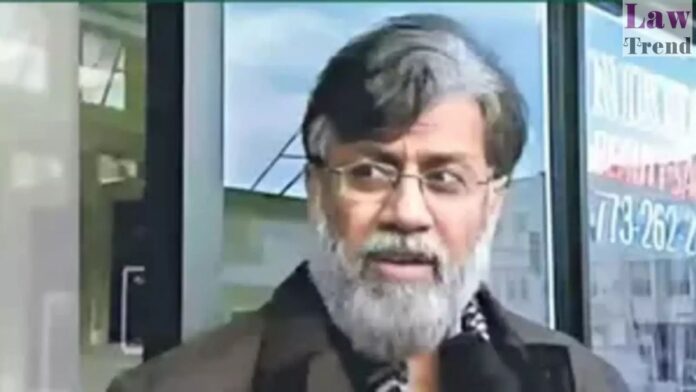The National Investigation Agency (NIA) voiced objections on Wednesday regarding Mumbai terror attack accused Tahawwur Hussain Rana’s request to communicate with his family, citing risks of crucial information being shared. During a hearing in a special NIA court, the agency argued against the plea, highlighting that the case is at a sensitive juncture.
Rana, a 64-year-old businessman of Pakistani-origin holding Canadian citizenship, is facing charges linked to the 2008 Mumbai attacks. His lawyer asserted that speaking with his family is a fundamental right, a claim that is now under judicial review with a decision expected on April 24.
The NIA’s submission detailed allegations that Rana was an integral part of the planning phase of the attacks, closely coordinating with David Coleman Headley, another key conspirator. According to the NIA, prior to Headley’s reconnaissance mission in India, he and Rana exchanged emails discussing the operational details, which included the involvement of other Pakistani nationals, Ilyas Kashmiri and Abdur Rehman.
Headley, also implicated in the case, reportedly briefed Rana about his assets and other matters should any complications arise during the mission. This backstory led to heightened scrutiny by the NIA over Rana’s communications while in custody.
Tahawwur Rana was extradited to India earlier this month after the US Supreme Court denied his appeal against extradition on April 4. His arrest ties back to the November 26, 2008, attacks in Mumbai where 10 gunmen launched a deadly assault on multiple locations including a railway station, two luxury hotels, and a Jewish center, resulting in the deaths of 166 people.




